
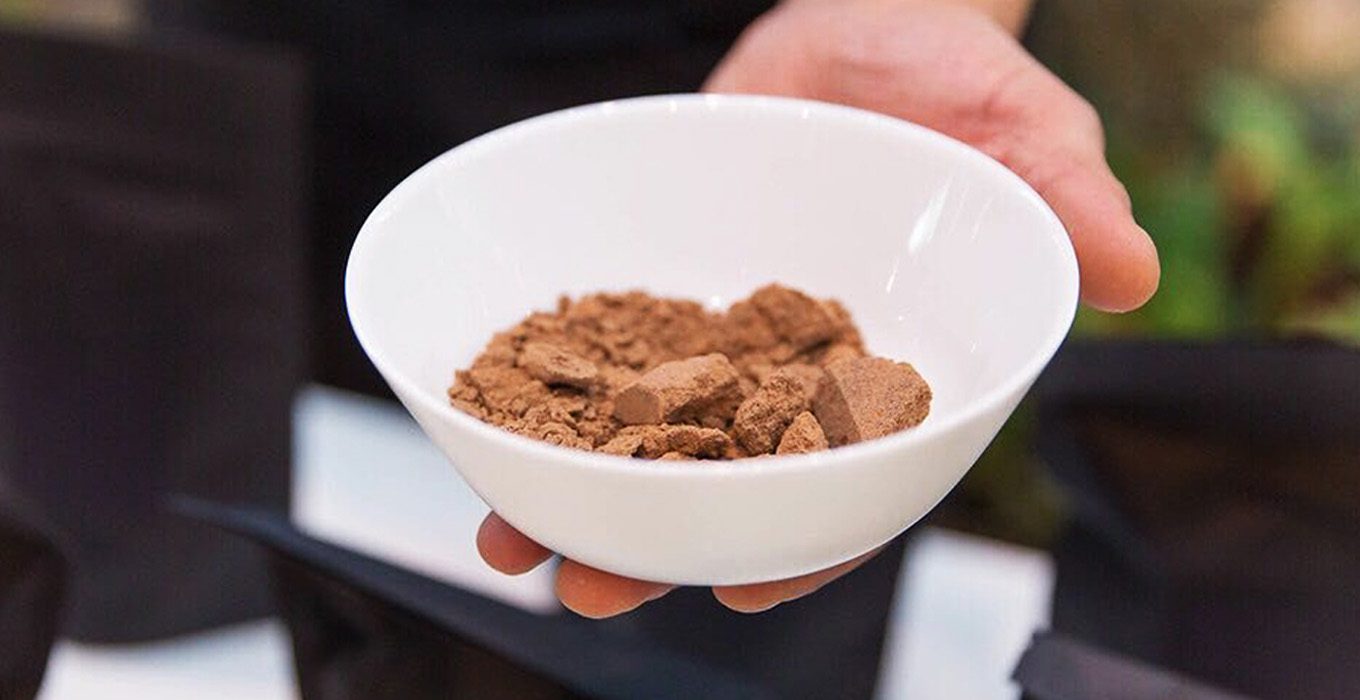
July 04, 2017
To us, it might sound like a movie: a German artist and maker heads to rural Trinidad and finds family, chocolate and an unimagined dream… For Ben Louison, however, this fantasy is actually his reality.
On his latest visit to Trinidad, Ben carried Designer Island on a mini roadtrip to Moruga and shared his story. As he described it, it was like the lost traveller finding El Dorado, but instead of gold there was history, connection, family and cocoa.
“Until then, I believed I knew what family was, what home was. The same way I believed I knew what chocolate was. But it’s deeper than what I know now or knew then. It’s about what I can pass on, what we have to share.”
We met you on Instagram as @TheMorugaCreole before you changed your handle to the name of your chocolate and pepper brand @BeniTonka But what was ‘the Moruga Creole’ ? What does that represent for you?
BEN: Moruga Creole was kind of spirited out of my inclination towards reduction. The initial brand name was Moruga: Fine Creole Kitchen. By having Moruga in the name, I wanted to pay homage to the underrated, misrepresented and underestimated community which embraced me so deeply.
You were born in Germany correct? What led you to Trinidad?
BEN: I was born in Germany, but I wasn’t raised there entirely. I spent time in Yugoslavia with a beautiful family who took care of me, while my mother was away working. As a child, I imagined my mother as some kind of jewel thief staying at exclusive hotels during a gala or ball, then belaying onto the balconies of wealthy bankers and aristocrats, robbing them of their precious loot. Not at all true but my mother and I spent a good deal of time in Italy, Spain and, later in my teens, in the US.
After moving back to Germany as an adult, I began searching for my family. I found a telephone number on the internet. I called but it was out of service. Discouraged, I laid that dream aside for about two years.
But you eventually tried to get in contact again…
BEN: Yes in 2012. I had an alternate number that I’d been afraid to dial, but finally got an urge and dove straight in: “Hello, may I speak with Kirk, please?”
The sweetest little voice responded, “Who’s calling?”
“I really need to talk to him… see, I’ve never met him.”
“Well, who is Kirk to you?”
“It’s uh…”
“Do you think Kirk’s your daddy?”
I was shocked by her boldness, but answered,
“I, I hope so.”
“Well, if Kirk’s your daddy, then I’m your grandmother.”
Imagine, before that moment this family didn’t even know I existed and I didn’t know about them!
So your dad is from Moruga? Can you tell us a bit about your dad?
BEN: My father is from Moruga originally but lived out his teens in Brooklyn. He’s a thinker, a dreamer, a world-class iron percussionist and publisher of Moruga’s first and only newspaper, the Moruga Chronicle. I met him in the middle of publishing the tenth issue. He’s actually the one who put a camera in my hands and said, “Take some shots for the paper.”
I was reluctant – for philosophical reasons – at the time. I’d grown weary from the new vacuum created by democratic photography: the idea that every remotely interesting moment should be captured and stored away. But I went with it…
How did you discover the Trinidad cocoa?
BEN: Saga George and Auntie Eileen! Auntie Eileen is really special to me. All my aunties are, but there are a few aunties that really stand out…
On the second morning that I was here, which happened to be Ash Wednesday, Auntie Eileen came up with that cocoa, and I was just like, wow!
You talk about your Trinidad cocoa discovery really beautifully in the ‘Birth of Beni Tonka’ story you shared with us back in October…
BEN: I was on a high and it stuck with me. Real bush, real everything… I was in love with Moruga. I am in love with Moruga and all the seemingly insignificant beauties to be found there and in Trinidad as a whole.
I had my second taste at a wake. They were making it for all the children; but it was me and some of the old heads that kept coming back for more. The djembes, bass drums, bottles and an air of impermanence combined with the retro-nasal effects of the chocolate, which had me in a trance.
And so, the chocolate road naturally spawned a path to the source of all things cocoa. Like, what is all this stuff growing around us, you know? And I got into everything. My friends say I go too deep into things: that’s how it was and how it is with this chocolate thing.
What were you doing before you came to Trinidad?
BEN: I was writing poems and short stories. And a couple days a week, I would work with a violin maker. I still write more than I work.
Where does the name Beni Tonka come from?
BEN: Beni is the result of grafting: Ben is the root – the old one from my great-grandfather – everything sprouts from this.
And the cocoa. — Tell us about the making of Beni Tonka Chocolate.
BEN: You’ll love this! Moruga, of course, the northern range, and your hometown, Santa Cruz. Out of these semi-wild trinitario cocoa beans we make chocolate in the most traditional fashion. We’re not pounding everything in a mortar, but it’s precisely that chocolate that grandmas and aunties used to grate. A long-time thing. One hundred percent cocoa, minimally tailored chocolate.
After the cocoa tree bears, we pick, samblé and gather the pods. Then, we burst them, scoop out the pulpy beans, allow them to sweat (ferment) in closed quarters for 5-7 days. Then the beans are sun-dried in a cocoa house. After drying, we parch (slow roast) the beans and the spirit of the cocoa begins to reveal itself.
Next, we grind the roasted beans in a 100 year-old melanger (stone-grinder) from Germany. Due to the climate, I have it all shipped to me in Europe, where it is packaged then delivered to customers. It’s the purest and one of the best chocolates on the market!
My goal is to get this to the people who are the sensory organs of our human society: the makers, the people who want to try something and be a part of experience and those who want to express the spirit of great ingredients and their origins. I mean, that’s what I believe in. If I can’t believe in something, then I can’t express it to others.
I believe in chocolate. I believe in family. I believe in Trinidad.
I can spread this and share it. I can earn a living and make things happen for others. All of this is important.
You said, ‘I believe in chocolate.’ What does that mean?
“Chocolate is synonymous with ecstasy, with pleasure, adventure, mystery and love and ritual and creativity. All these things, I believe in, except now, family is most synonymous with chocolate. And building with them.”
There was a poem I read a while back called Freedom’s Plow by Langston Hughes. In it, one man has an idea and only his hands to begin with. He goes about doing what he needs to do to make an immobile thing mobile. And in doing only what he feels need be done, movement begins. Seeing things moving, other hands then come in to help. Where he believed in his idea, they believe in movement. And so, his dream becomes:
“…A community dream,
Not my dream alone, but our dream,
Not my world alone,
But your world and my world,
Belonging to all the hands who build.”
Chocolate is what we’ve been building up to.
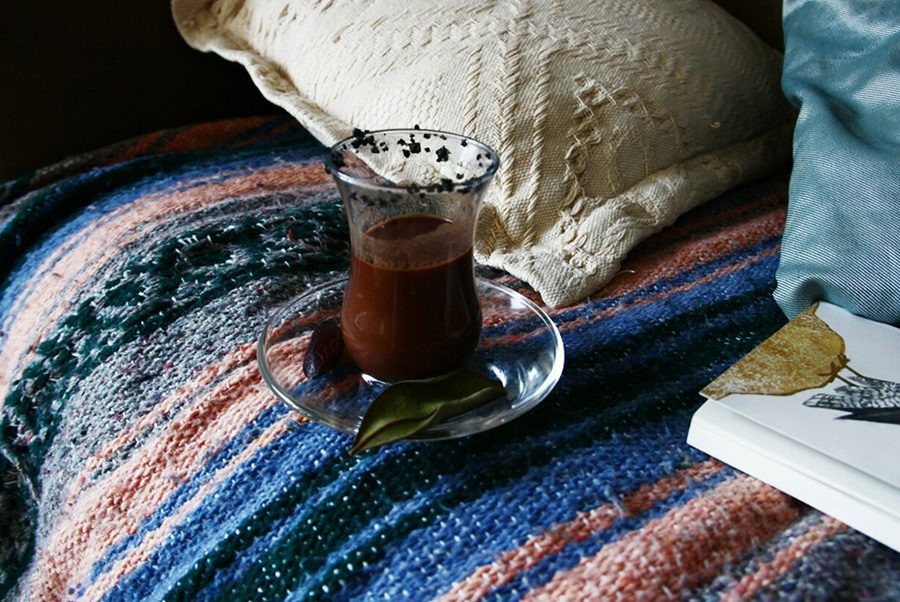
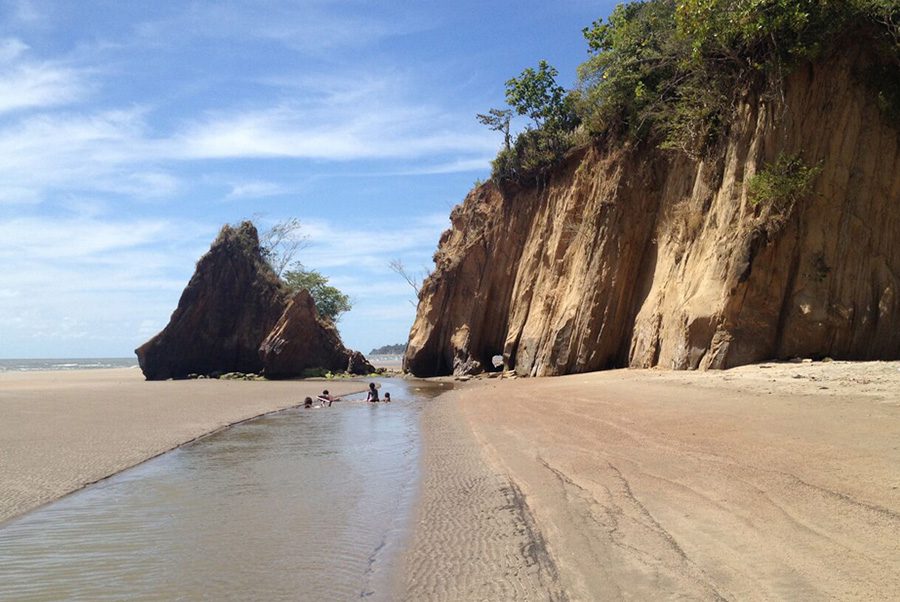
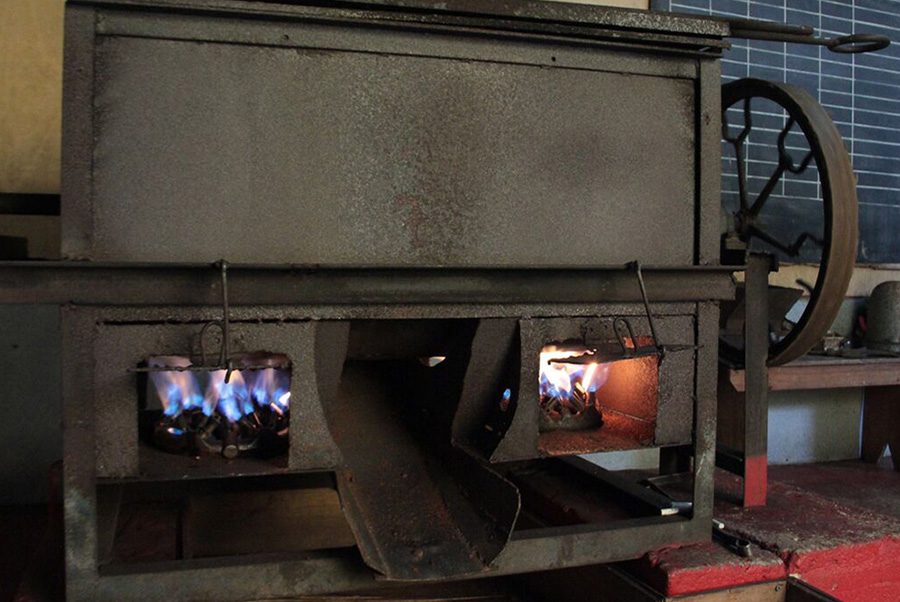
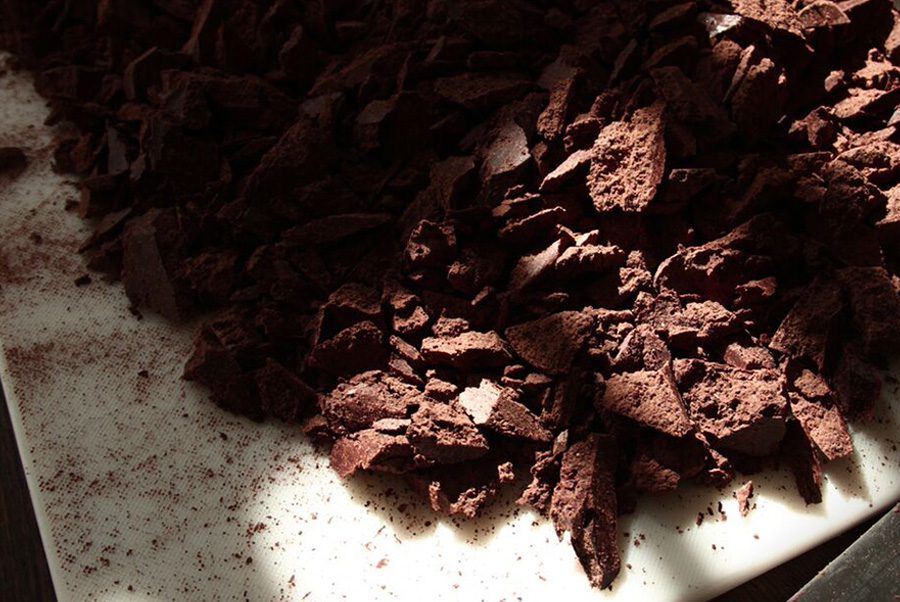
INTERVIEWER: TANYA MARIE PHOTOGRAPHY VIA BENI TONKA